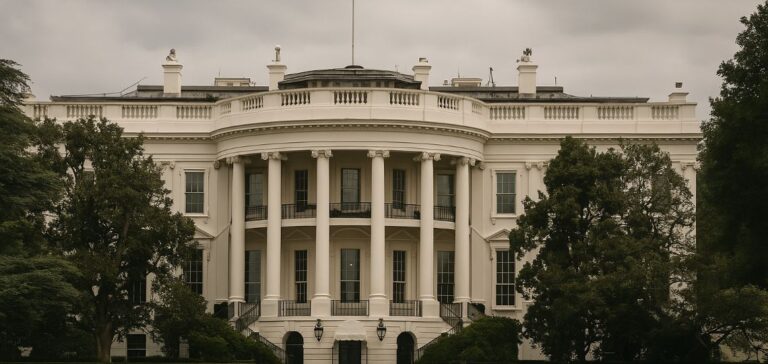The United States has revoked the licence allowing Trinidad and Tobago to develop the Dragon gas field in partnership with Venezuela, Trinidadian Prime Minister Stuart Young announced at a press conference. The decision ends the authorisation granted on 18 December 2023 by the Office of Foreign Assets Control (OFAC), an agency under the US Department of the Treasury. It follows similar revocations affecting several international companies operating in Venezuela, including Chevron, Repsol and Maurel & Prom.
Diplomatic pressure and halted operations
Stuart Young noted he had not received any additional details about the revocation and said he had requested a meeting with US Secretary of State Marco Rubio for clarification. The cancellation jeopardises a key project for Port of Spain, which aimed to secure gas supply capacity through cross-border development with Caracas.
The move is part of a shift in US foreign policy led by President Donald Trump, who has strengthened sanctions against Venezuela. Since February, the US administration has ended waivers that previously allowed certain foreign companies to continue operations in Venezuela, in response to the contested 2024 re-election of President Nicolás Maduro.
Impacts on joint offshore projects
Trinidad and Tobago is the second-largest natural gas producer in the Caribbean region. In recent years, the country has signed several strategic agreements with Venezuela, involving companies such as BP and Shell. One of these included a contract between the Trinidadian state-owned National Gas Company (NGC) and Petróleos de Venezuela S.A. (PDVSA), targeting the Cocuina-Manakin fields on the Deltana Platform.
These fields are estimated to hold one billion cubic feet of natural gas. Another agreement, signed in 2023, concerned the development of the offshore Dragon field, located in Venezuelan territorial waters in the northeast of the country, near the maritime border with Trinidad and Tobago. This project, involving Shell, aimed to extract 120 million cubic metres of gas for export.
Economic fallout and diplomatic strain
The licence revocation undermines Trinidad and Tobago’s energy standing in the Caribbean, particularly amid efforts to diversify supply sources and strengthen regional integration. The Dragon field was intended to bolster liquefied natural gas (LNG) exports, supporting existing Trinidadian infrastructure.
According to Port of Spain officials, the project’s suspension may affect contractual obligations and the planning of regional gas flows. Stuart Young confirmed that legal assistance has been engaged in Washington to explore available avenues of appeal.






















